PERFORMANCE: The Actors' Roundtable: "Naming Names"
 Paden Fallis |
Paden Fallis |  December 6, 2012
December 6, 2012
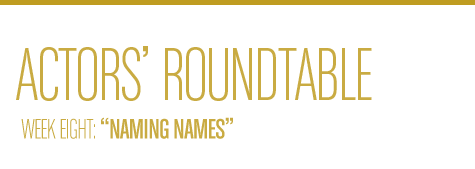 |
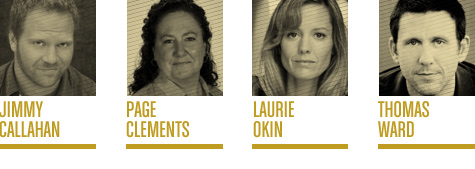 |
|
For 12 weeks, Paden Fallis posed one question each week to a group of professional working actors from a variety of backgrounds in an effort to dig a bit deeper into their artistic working processes. In this second series, an expanded group of actors explores where their art fits into the larger cultural context. ACTORS’ ROUNDTABLE: NAMING NAMESIn 1999, legendary film director Elia Kazan received an Honorary Academy Award for his groundbreaking work as a director. In 1952, Kazan was one of many artists who testified before the House Committee on Un-American Activities, naming names in order to save their own careers. HUAC destroyed careers, ruined lives, and pitted artist against artist, all in the name of fear. Some artists survived without naming names, others were never heard from again. I love Kazan’s films, but I often wonder about the work of which we were deprived when artists became blacklisted in Hollywood. Kazan and his award. What’s your take? - Paden Fallis, Performing Arts Contributing Editor |
|
|
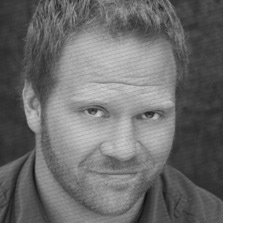
JIMMY CALLAHANI suppose it’s easy to sit in judgment and claim to know what I would or would not have done if I were summoned by HUAC in 1952, but I don’t agree with Elia Kazan being honored by the Academy. We as artists are supposed to be part of a larger collective that transcends race, religion, creed, and country. Sacrificing another to save one’s own career doesn’t really jive with the basic spirit of what it means to be an artist, as far as I’m concerned. Mr. Kazan may have gone on to contribute to some of the most memorable films in cinema, and he may have directed nearly two dozen actors to Oscar nominations, but I don’t know if that serves as penance for his earlier sin. He made his decision, and had to live with the consequences. I think that the opportunity to continue his career and succeed was reward enough; to further celebrate him with an Honorary Academy Award is to applaud and encourage the lack of conviction he displayed in 1952. Perhaps I’m stubborn, but I also think that any baseball player caught using steroids should have all records he holds struck from the books. By honoring those who cheated, you’re punishing those who played the game the right way. Honoring Kazan is, in a way, punishing those who didn’t give names to HUAC. |
|
|
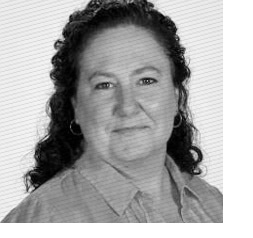
PAGE CLEMENTSI certainly would in no way condone supporting anti-American groups and feel Mr. Kazan had to do what he had to do, however unfavorable. I am sure it was the lesser of two evils for himself personally. In naming names, he ruined lives and careers—of this there is no doubt. The time was horribly difficult. However, his body of work is so unbelievably brilliant and important that I feel the award was warranted. Lifetime achievement awards are to honor the person and his/her entire work. Kazan more than respected and honored his career and created films that educated and inspired many directors, actors, and writers who followed him. |
|
|
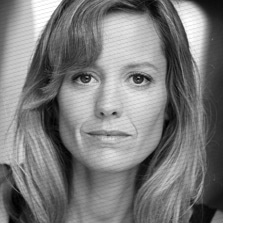
LAURIE OKINWell…as much as I have nothing but disappointment in those artists who fell into self-preservation during that time, obliterating the bigger picture—the one in which they were part of a community, the one in which they could have taken a stand and perhaps made a difference for the better within the whole process, by demonstrating an unbreakable resolve that might have caused such a horrific witch hunt to do less damage within the artistic community, not just to the work—but to all those relationships and the infrastructure itself…as much as I strongly believe that those artists who “sold out” to HUAC at the time in order to take the focus off themselves should never be rewarded in any way due to their cowardice…well… The award was for directing, not for being an all-around good human being. I think Kazan was a brilliant director also, and, frustratingly, those are two separate issues. Perhaps being a great artist should infer a collective responsibility for supporting and defending the artistic community as a whole, but that’s a slippery slope in my opinion. It would be nice if all artists felt that bond, but they are not required to in order to be artists. I do think that it is the responsibility of all of us to be aware of our shared history, and to acknowledge the terrible loss of unknowable artistic explorations by virtue of the actions of a few—not to condemn, but to take as a cautionary tale as we consider what kind of impact we want to have in the world and what kind of presence we want to be in the artistic community. As much as I despise what Kazan and others did, I don’t claim to fathom what might have been going on inside him at the time, and so I would find it hypocritical to condemn him. I can’t say with any certainty what I would have done when I don’t even know the specifics of his particular situation or what emotional or psychological processes went into his decision to testify against his fellow artists. I can only hope that, at least, he actually believed what he was saying. In any case, I don’t believe he did the right thing, but he may have done the only thing he could have. |
|
|
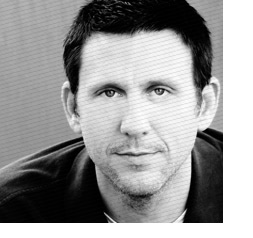
THOMAS WARDI remember watching that award show. I believe it was DeNiro and Scorsese who presented it. I remember most notably Nick Nolte not applauding. I remember how old Kazan looked. I’m amazingly inconsistent on the accolades people should receive. While I will say that I have no problem with Kazan receiving that award because it was given to him for his work, I can’t seem to support Polanski getting a nomination for anything. Apples and oranges, perhaps, but it’s still a question of whether or not a person’s outside life should be stacked in with his/her work. The biggest thing I take from what I know of HUAC is that people in power fear storytellers. As a storyteller, I take immense glee at that notion; the idea that a politician or CEO would ever be worried about what story might be told. However, as invigorating as that is, HUAC also shows how real and ugly it can get. And that makes me pause. I don’t like the government being involved in the arts and entertainment business in general. I just don’t see how the art won’t be compromised. If any politician, right or left, were to “support” something I was creating, I’d be very concerned. |
|
|
ABOUT THE ARTISTS |
|
Jimmy Callahan is an actor/writer/comedian/acting coach living in Brooklyn, NY. Originally from Chicago, he trained at The Second City & iO. He has appeared in over 60 national commercials between CHI, LA, & NYC. Page Clements has been a professional actress, vocal instructor, and private coach in NYC for over 20 years. Currently an instructor of voice, dialects, and Shakespeare at the T. Schreiber Studio & Theatre in New York, she has just completed an instructional video for actors and public speakers to be released later this year. She has appeared in over 50 productions throughout the country, received the Favorite Vocal Coach and Dialect Coach Awards from Backstage in 2009, and is a member of Actors Equity Association. Laurie Okin is a Los Angeles-based actress who has been seen over the years in dozens of national commercials, as well as guest starring on The Office and as a series regular on PBS’s Copshop. She has also appeared in Samantha Who?, My Own Worst Enemy, Friends, and MadTV. Laurie also has an extensive background in the theatre and is a company member at The Road Theater and Rogue Machine Theater. Thomas Ward is an actor and playwright based in Minneapolis. He appeared in the Off-Broadway premiere of Craig Wright’s The Unseen at the Cherry Lane Theatre. He has performed regionally with Actors Theatre of Louisville, Alabama Shakespeare Festival, Georgia Shakespeare, WaterTower Theatre (Dallas), and the ZACH Scott Theatre (Austin), among others. He was previously profiled by stated. |
| View all of our Roundtable discussions… |










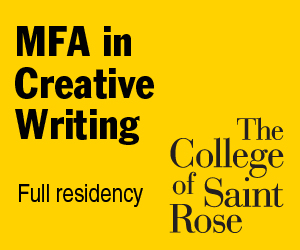

Reader Comments